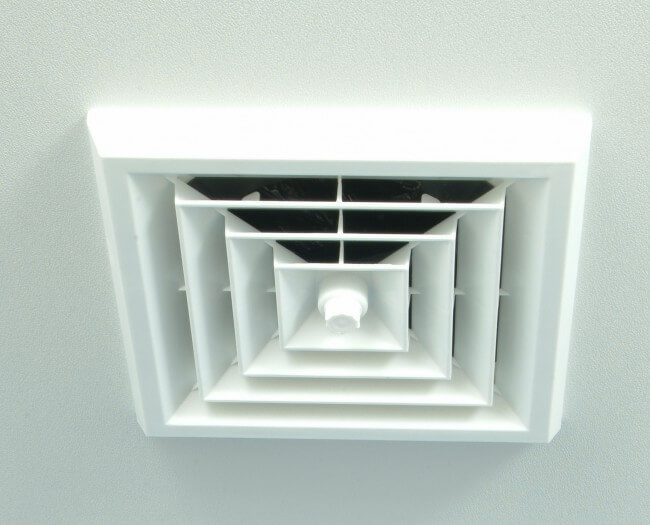You can share
Ceiling air diffusers filter out bacteria, viruses, and allergens and provide proper airflow to the building. As indoor air quality and hygiene are critical to hospitals and other healthcare settings, air diffusers may be ideal

Many diffusers for residential and commercial spaces are water-based, meaning they rely on water to create a mist that eliminates odors and bacteria. This can cause condensation in some areas, which is not what a hospital or urgent care clinic should have. Ceiling diffusers use air to filter and remove airborne particles, which means there is no tank to refill or check every few hours.
Hospitals have health and safety protocols they must follow, including masks, gowns, and other personal protective equipment (PPE). However, airborne pollutants and bacteria can still find their way into a building's ventilation system, and diffusers play an important role in this. By filtering the air entering the room, the risk of allergens and bacteria is significantly reduced, even when PPE is used.